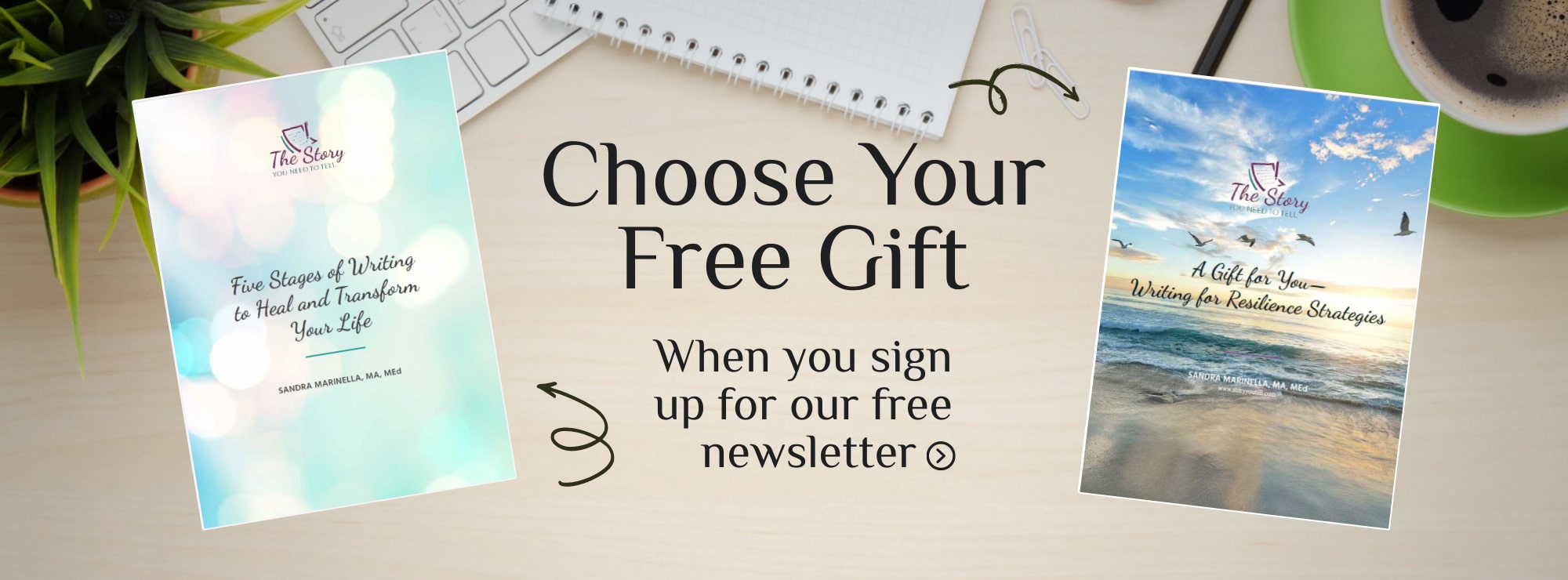The Empty Page
I sit with writers on Tuesday afternoons at Mayo Clinic. We weave our stories from our words. We hope to find our voices. To find ourselves–but it is not an easy task. I think of Terry Tempest Williams and her lovely book, When Women Were Birds. The author’s mother, the matriarch of a large Mormon clan in northern Utah, told her daughter, “I am leaving you all my journals, but you must promise me you won’t look at them until after I’m gone.” Bereft and lonely as she faced her mother’s death, Williams sought out these journals as a lifelife or a way she hoped to ground herself. But as she flipped through the pages of the first, and then the second and third, she found only blank pages. Then she dug through them hurriedly, and much to her shock three shelves of her mother’s journals were completely empty.
The blank page becomes the surprising image she holds for her mother, and Williams begins to write her way forward finding the stories that will fill these empty pages and help her understand not only her mother but also her own life and voice.
Each week I ask my writers to write themselves forward with the hope of discovering their own voice. I explain that my way of seeing myself is often through metaphors that dance around being a storywriter and a storycatcher. I long to be a tiger lily in full bloom because I want to stretch, grow, learn and write my story as fully as I can in the last decades of my life. I ask what metaphors or images frame their lives now. In the past? In the future? They embrace this search and easily find their words.
Susan sees herself as “a sopping wet sponge.” She asks, “Is the water that drips from the sponge soapy? Clear? Or dirty? And for that matter am I overflowing with ideas? Excitement? Or am I filled with dread and doom? Do I have too much to do? Have I taken on too many things?” With the onslaught of work, emails, and social media directing our lives, we can engage with her metaphor. It reminds us that we are squeezed and that what pours from us can be creative and exciting like an Andy Warhol painting —or we may be so drained our energy pours out as dark, grimy bits of sludge like the splatters on a dark Pollock canvas.
“Why are we tormented by our critical voice?” asks Bev. Why do we often seize our negative metaphors to define us, and can we choose a better way of viewing the self? Jackie and I are partners on this day, and I ask her if she struggles with being an introvert. She nods, but this is what she wrote and what she shares with us–
I Am the Quiet in the Desert Before Sunrise
By Jacklyn Anderson
I am an introvert on the far-left side of the scale with extroverts being on the right. On the outside I appear calm and cool. Inside my head, my thoughts are swirling around as I over think everything. When I go out for dinner, I have to look at everything on the menu, and then after fifteen minutes or more I eventually make a decision.
That quiet hour before sunrise is often the coldest time of the day. The knowledge that the sun will appear and warm up the air brings a hopeful spirit to the beginning of a new day. Those words describe me, quiet, slow to warm up, and hopeful.
I desperately believe that I have much to give. Waiting inside me is something awakening. First it will come in pale blues, then purple, orange and finally it will blast out in a bold fire of red burning clouds on the horizon of a new day.
I am still in that early morning stage, and even if I am past middle age, my best years are not behind me. I am only moving forward toward another dawn, because each day is another chance to start over, to make a different choice, to pick something new off the menu and try it for the first time.
What I love about Jackie’s piece is that she introduces us to herself at a dinner table where she struggles with her menu choices as she probably struggles with being an introvert. She ends this piece in the same spot, but we have come to understand the beauty of her metaphor as well as the beauty of Jackie being an introvert.

